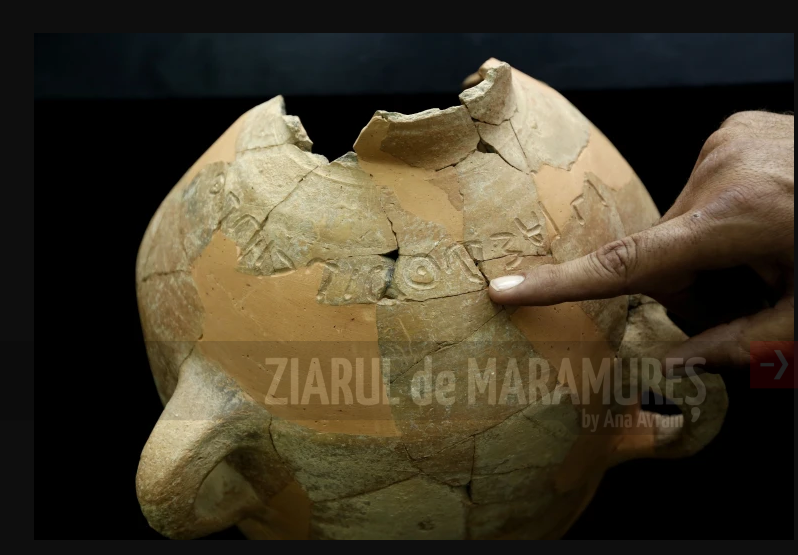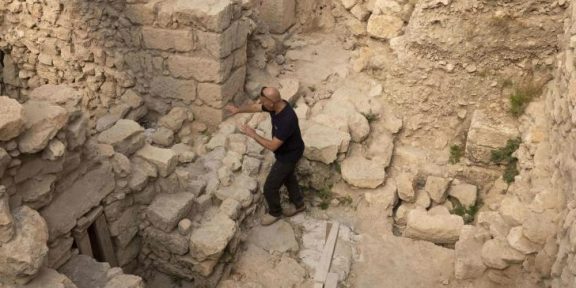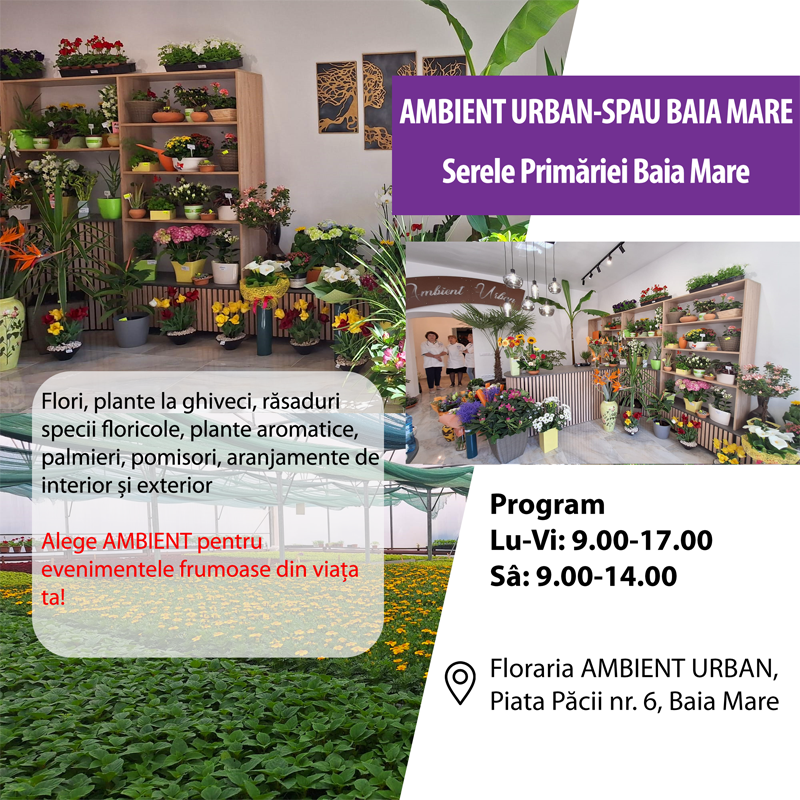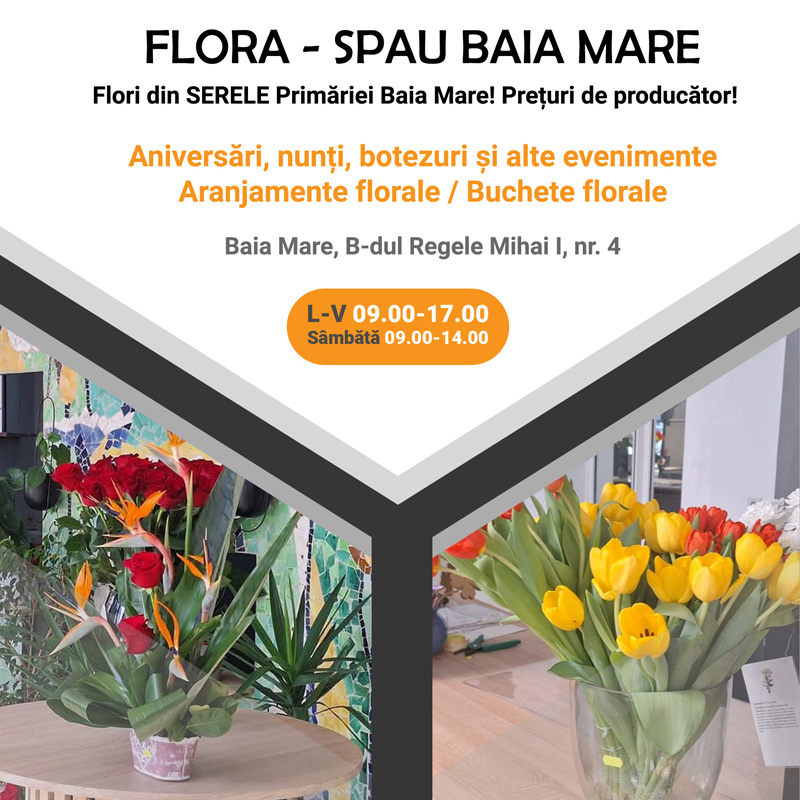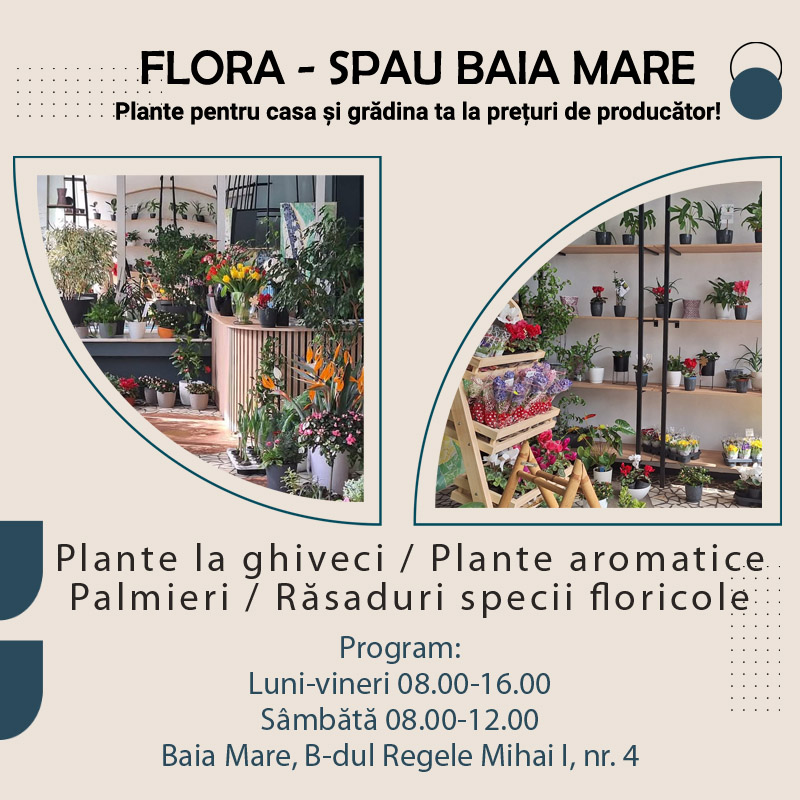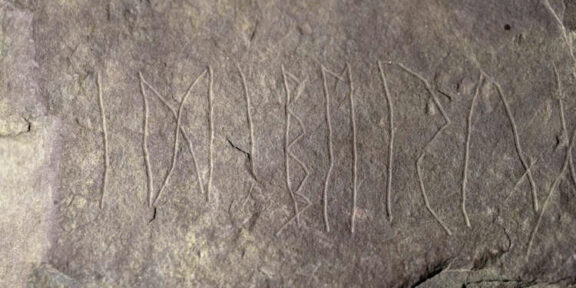O echipă de arheologi israelieni şi australieni a descoperit în sudul Israelului un ulcior de lut decorat cu o inscripţie biblică rară, care datează din urmă cu 3.100 de ani, a anunţat Autoritatea pentru Antichităţi din Israel (IAA), relatează Agerpres.
Inscripţia, scrisă în canaanită, a fost realizată cu cerneală pe vasul de lut. Aceasta conţine numele lui Ierubaal, care a fost un conducător militar, judecător şi profet.
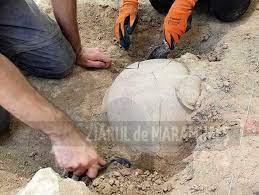 Micul vas de lut are o capacitate de aproximativ un litru şi ar fi putut fi folosit pentru păstrarea unui lichid preţios, precum ulei, parfum sau un leac, potrivit IAA.
Micul vas de lut are o capacitate de aproximativ un litru şi ar fi putut fi folosit pentru păstrarea unui lichid preţios, precum ulei, parfum sau un leac, potrivit IAA.
Ulciorul a fost descoperit în situl arheologic Khirbet ar-Ra’i, situat în apropierea oraşului modern Kiryat Gat, în urma săpăturilor efectuate de Universitatea Ebraică din Ierusalim, IAA şi Universitatea Macquarie din Sydney, Australia.



